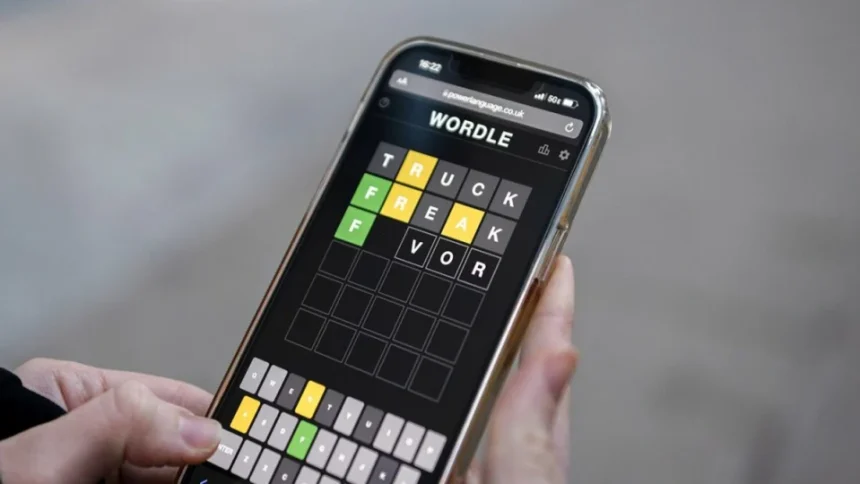The Wordle game has become a phenomenon, captivating players of all ages with its challenging and engaging nature. In the classroom, teachers have harnessed the power of Wordle Junior to improve students’ vocabularies and enhance their learning experience. Here are some ways in which Wordle can be used as an educational tool:
1. Promote community and engagement:
Wordle’s global nature fosters a sense of community among players, as everyone works on the same board and shares their solutions. Teachers can use this to create a collaborative learning environment, encouraging students to work together and support each other in their language learning journey.
2. Vocabulary review:
Teachers can create Plusword Wordle puzzles using five-letter words that students have studied, providing definitions for each word. Students can then try to solve the puzzles, either individually or in groups, and recite or review the definitions once they have successfully guessed the words.
3. Phonics and spelling:
Wordle can be used to teach phonics and spelling by focusing on specific sounds or letter patterns. Teachers can create puzzles that target specific phonics rules or spelling conventions, helping students practice and master these skills.
4. Breakout activities:
Teachers can incorporate Waffle Wordle into breakout activities, where students are given special vocabulary or characterization adjectives as a task to complete after solving the blossom word game puzzle. This can be done through locked Google forms or by passing the completed puzzle to the teacher for validation.
5. Integration with other subjects:
Wordle can be used to teach various subjects, such as math, by demonstrating logic and pattern recognition. Math teachers have shown how diffle Wordle can be a powerful tool for teaching these concepts, and they have shared their learnings and templates with other educators.
6. Develop deductive reasoning skills:
Playing Wordle requires deductive reasoning, which engages the frontal and prefrontal lobes of the brain5. By solving Wordle puzzles, students can improve their critical thinking and problem-solving skills, which can be applied to various aspects of their education.In conclusion, Wordle can be a valuable tool for improving students’ vocabularies and enhancing their learning experience. By incorporating Wordle into the classroom, teachers can create an engaging and collaborative learning environment that fosters critical thinking, problem-solving, and vocabulary growth.





